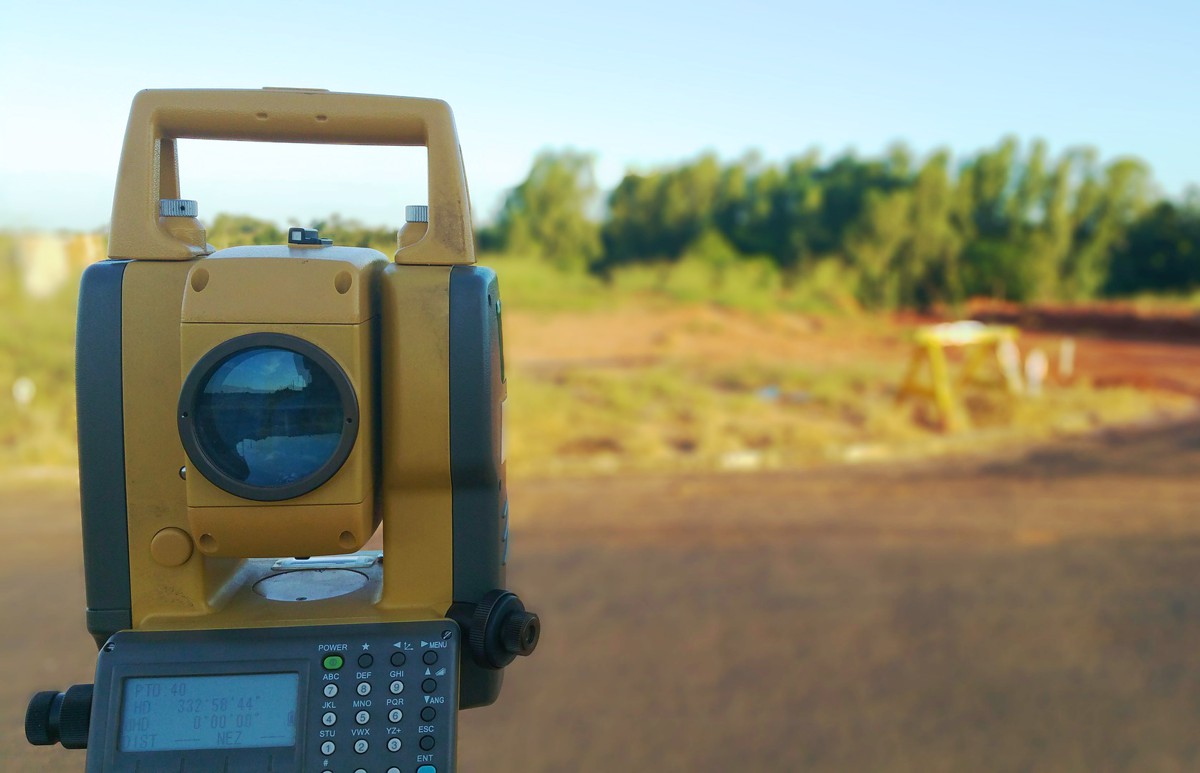5 tips for sufficient land research in 2021
When it comes to getting a profitable project off the ground, establishing a suitable plot is of paramount importance. This forms the very foundation of your development and promises to determine your project’s long-term success. However, there are lots of things to consider; the necessary due diligence that engulfs land research is vast, for you can’t afford to miss any critical and influential factors. As a result, the process can take months, costing a business financially.
Fortunately, this needn’t be the case. Dean Ward, Founder and Managing Director of the DCW Group, a leading residential and commercial property development consultancy shares his expertise to help you practice more successful land research practices in 2021,
“2020 was a year of tremendous change for the property sector and as we navigate the outcomes of the Covid-19 pandemic, seeing some degree of normality resuming in 2021, it will continue to evolve. Consequently, the ways by which you can approach and simplify your land research techniques will expand – you simply need to be aware of them.”
1) Embrace technology
“Technological developments within the realms of property are becoming increasingly prominent; we’re seeing that virtual offerings are essential (a lesson undoubtedly learnt during lockdown) and, by embracing digital tools, we can enhance the property sector (including our approach to land research) as a whole.
“As part of this evolution, technologies are being developed to ease the research process, cutting the amount of time spent on this stage of a project down dramatically, in accordance of course with reduced expenditures. For example, we are currently preparing for the launch of our new platform, DCW Insights; an innovative programme of due diligence and wider information services which promises to boost productivity and project timescales. The cloud-based system houses all of the information you could possibly need under one digital roof, meaning you won’t have to wait weeks for local authorities to respond to your requests, nor will you need to pay unnecessarily high costs for the answers you need. From latest planning information and guidelines to instant local planning feedback, dynamic financial metrics and the speedy identification of viable development opportunities, tech-based innovation will transform your in-house land research.
“The property sector is incredibly traditional, meaning venturing into the world of technology might seem daunting. However, it is the future; by embracing technology, being open-minded to new ways by which you can research more effectively (we often hear that ‘it is what it is’ and ‘nothing more can be done’ – that couldn’t be more wrong) and evolving with the industry, you’ll stay a step ahead of the curve.”
2) Cover all bases
“When it comes to land research, you can’t afford to cut any corners. After a tumultuous year last year, we’re all understandably pushing to secure and finalise projects as soon as possible – giving ourselves some much-needed financial relief. However, one misinterpretation or error within your due diligence could spell disaster further down the line… similarly, vital considerations have undergone a drastic transformation due to the pandemic; the needs of buyers have changed, as have government guidelines as per the 2021 Budget.
“It’s essential that we review new planning guidelines and restrictions, analyse local demographics in depth and utilise tools which do the work for us; using essential data to provide credible, objective, useful insights. Thankfully, DCW Insights does just that.”
3) Network, network, network
“When it comes to land research, it’s incredibly useful to be surrounded by a range of experts and colleagues who can support you along the way. This means you’ll be able to draw upon invaluable advice from those who are well-versed in very specific areas of your due diligence. For example, it’s important that you ‘curry political favour’ by meeting planners within local authorities, familiarising yourself with their procedures. Until restrictions ease this may of course be limited to emails and Zooms but nevertheless it will pay dividends in the long-term.
“Similarly, immerse yourselves in professional communities of fellow property experts and service providers; this will allow you to share your services with others, potentially connecting you with unmissable projects. Meanwhile, by connecting with fellow professionals you’ll be able to share vital insights into certain areas and plots; often, experience is the key to understanding a location inside out. By becoming a more collaborative industry, we’ll all reap the rewards.”
4) Consider nearby traffic and transportation issues
“It’s widely recognised that traffic and transportation issues are often behind developments failing to get off the ground. When overseeing your due diligence, prioritise evaluating traffic and transportation in the areas surrounding your possible plot; if there are factors which could pose a risk to the success of your project, this shouldn’t be underestimated.”
5) Remain adaptable
“The restrictions that have been imposed on the property sector and the wider public amid the Covid-19 pandemic have undoubtedly changed how we operate. We’re now spending less time on the ground, liaising with colleagues and clients virtually, welcoming technology into our everyday routine and heightening our safety protocols. Throughout 2021, when Covid-19 eases, we must continue to be adaptable when it comes to our due diligence – seek advice where you can, explore and trial new platforms, look beyond the techniques you’ve relied upon for years and ensure you’re prepared for anything.”
To find out more about how you can improve your land research processes in 2021, visit: www.dcwgroup.co.uk. Meanwhile, find out more about DCW Insights and to register to attend DCW Insights’ launch webinar on the 15th April 2021 at 10:30am.





























